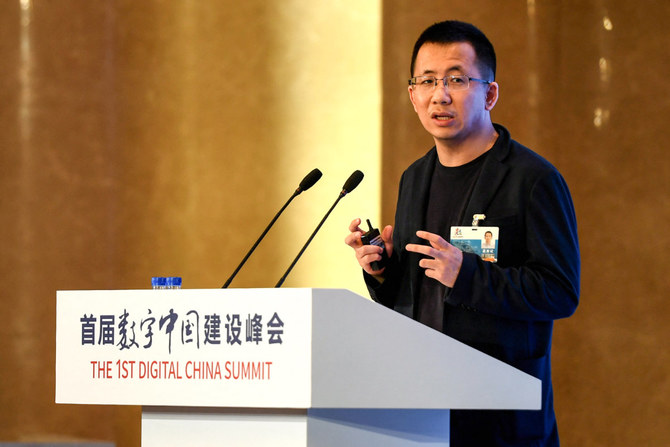The founder of TikTok has emerged as the richest man in China

The skyrocketing global popularity of TikTok has propelled Zhang Yiming, co-founder of its parent company ByteDance, to become China’s richest person. According to the Hurun Research Institute’s rich list, Zhang’s net worth has reached $49.3 billion (£38 billion), marking a 43% increase from 2023.
At 41, Zhang stepped down from his leadership role in 2021 but is believed to still own around 20% of ByteDance. Despite concerns in some countries about TikTok’s connections to the Chinese government, the app remains one of the most popular social media platforms worldwide. The U.S. plans to ban TikTok in January 2025 unless ByteDance divests it, but despite this pressure, ByteDance’s global profits rose by 60% last year, boosting Zhang’s wealth.
Rupert Hoogewerf, head of Hurun, noted, “Zhang Yiming is the 18th new Number One we’ve seen in China in just 26 years, while the U.S. has had only four: Bill Gates, Warren Buffett, Jeff Bezos, and Elon Musk. This highlights the dynamism of the Chinese economy.”
Zhang isn’t the only tech leader on the list; Pony Ma, head of Tencent, ranks third with an estimated net worth of £44.4 billion. However, their fortunes contrast sharply with those of their competitors, many of whom have struggled amid a challenging economic climate in China. In fact, only about 30% of individuals on the list experienced an increase in net worth, while the rest saw declines.
“The Hurun China Rich List has contracted for an unprecedented third consecutive year, reflecting difficulties in China’s economy and stock markets,” Hoogewerf explained. The number of individuals on the list dropped by 12% over the past year, totaling just under 1,100, and down 25% from the peak in 2021.
The data indicates a strong year for smartphone manufacturers like Xiaomi, while the green energy sector has faced challenges. Solar panel, lithium battery, and electric vehicle (EV) makers have encountered intensified competition and overproduction, leading to significant declines in wealth—some solar companies saw decreases of up to 80% from their 2021 highs, while battery and EV manufacturers experienced declines of 50% and 25%, respectively.






